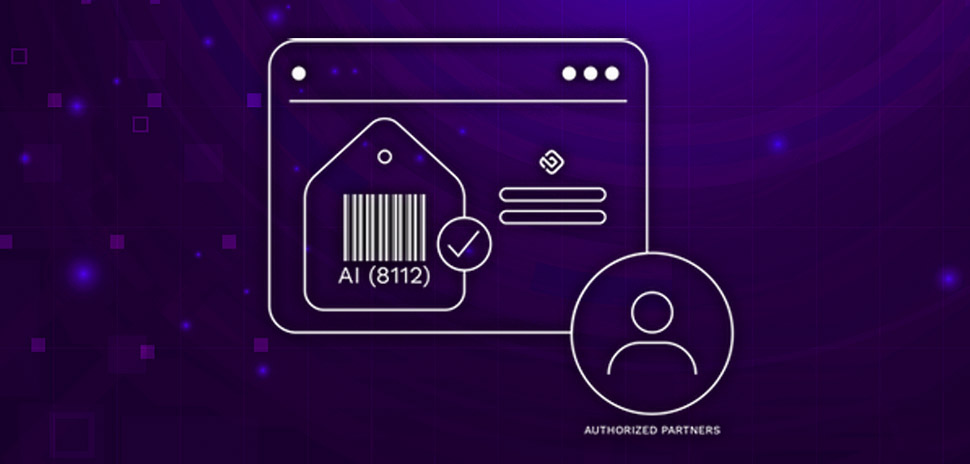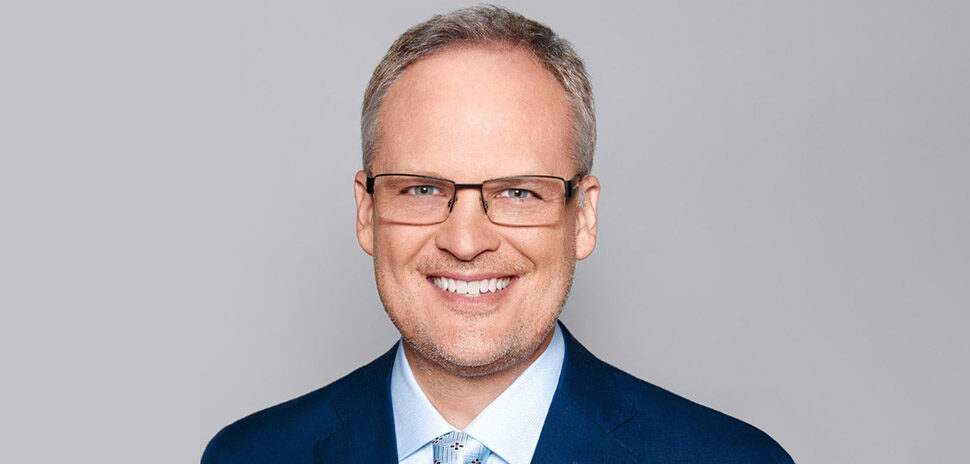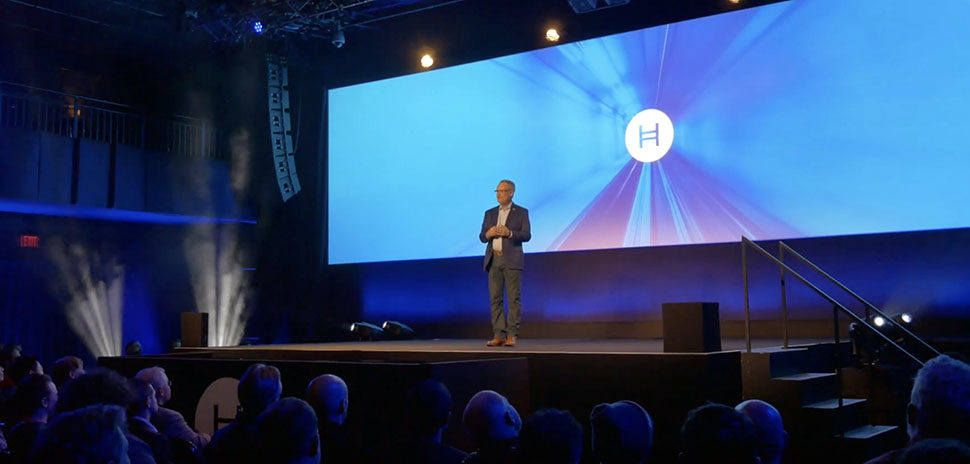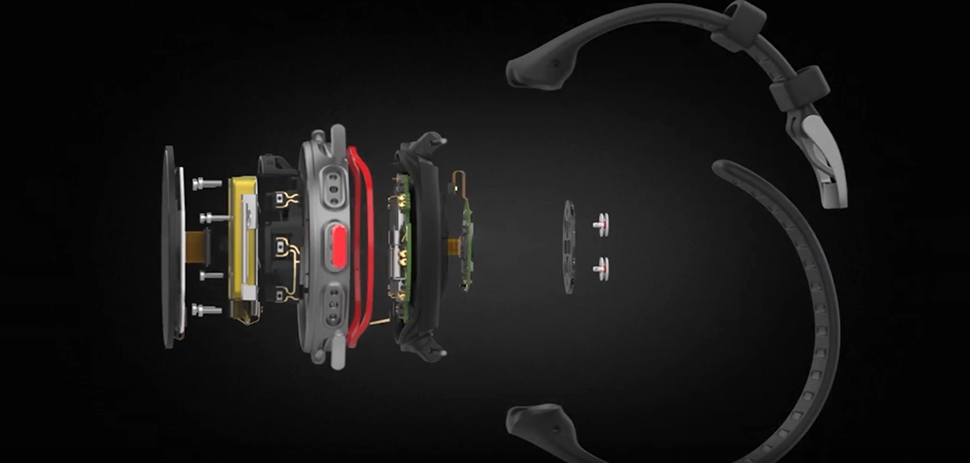After Coca-Cola was invented in 1886, a new type of marketing was also born: the coupon. With the transformation of technology over the years, coupons have also evolved from pieces of paper offering free tastes of Coke to sites like Groupon providing Internet users with digital codes.
The Coupon Bureau (TCB) and Dallas’ Hedera Hashgraph are taking the more-than-century-old coupon to the next phase of the digital age by creating universal digital coupons for the retail industry.
TCB, an industry platform that works with the largest consumer products goods (CPG) companies and retailers, first announced it would be using Hedera’s enterprise-grade distributed public ledger in April 2020.
Now, it’s moving to the next phase of development on its Universal Positive Offer File. The file, which is a centralized database of all distributed, serialized coupons available for redemption, will leverage the Hedera Consensus Service to create the universal digital coupons.
Once complete, the coupons are expected to provide a standardized and secure mechanism for coupon distribution, no matter if it’s paper, mobile, or online commerce.
The new system can prevent multi-million dollar fraud, while also giving brands a clearer line of sight into where and when their coupons are being redeemed.
Some people may think of coupons as a thing of the past, but the coupon processing industry is estimated to be worth over $100 million, with $3.5 billion worth of coupons used by consumers in 2009 alone, according to Savings.com. In 2016, 307 billion coupons were distributed throughout the United States.
Like every sector of business, Brandi Johnson, CEO of TCB, noted that the COVID-19 crisis has impacted the coupon and retail industry, especially with the rise in e-commerce sales and online deliveries. To combat this, the industry has had “to find innovative ways to meet consumers’ changing behavior.”
“There has never been a more urgent need for a universal digital coupon that crosses retail mediums, verticals and purchase environments, to provide consumers and retailers with the added layer of trust to serve their needs,” Johnson said in a statement.
Setting the standard
With the new universal digital coupon, Johnson says TCB is creating a roadmap that sunsets older coupon formats. Next year, TCB expects its universal digital coupon will be integrated with an upwards of 70 percent of grocery retailers.
Thanks to Hedera’s tech, the coupon’s new application type will enhance coupon security and reduce fraud.
According to TCB, the tech behind it works like this: “Every coupon generated will have a digital fingerprint on the Hedera Consensus Service. When a coupon is redeemed, it will also be recorded on HCS, so it cannot be used again or reproduced. This allows for online couponing, not currently available under the current standard.”
Coupon providers, manufacturers, clearinghouses, and retailers can validate in real-time when coupons are registered and redeemed on the platform.
Mance Harmon, CEO and co-founder of Hedera, said in a statement that the public ledger has “the only service capable of delivering the throughput, visibility and security features the industry needs to deliver this next-generation of coupons to customers.”
With Hedera’s Governing Council—which includes Google, IBM, Tata Communications, and Deutsche Telekom among its members—overseeing changes to the Hedera software, platform users don’t have to trust the governance of any single party.
TCB’s advisory committee also includes members from notable companies such as Target, General Mills, and GS1.
Within 12 months of deployment, TCB hopes to have a connected retail store within 5 miles of any consumer inside the continental U.S.
![]()
Get on the list.
Dallas Innovates, every day.
Sign up to keep your eye on what’s new and next in Dallas-Fort Worth, every day.































